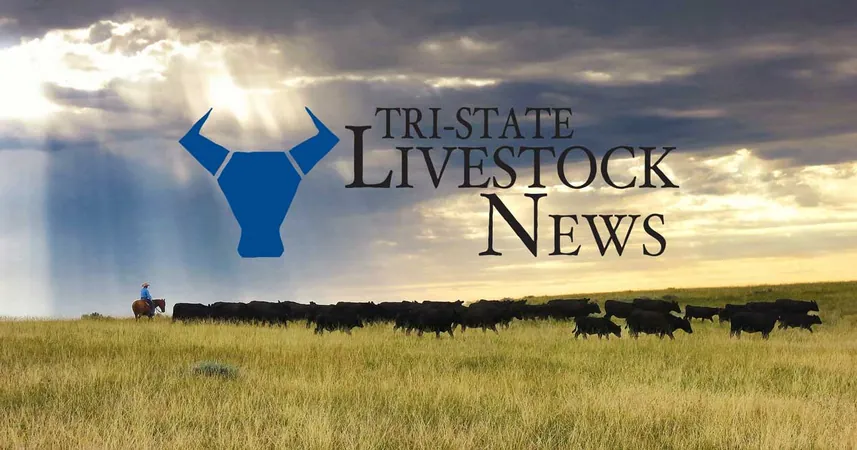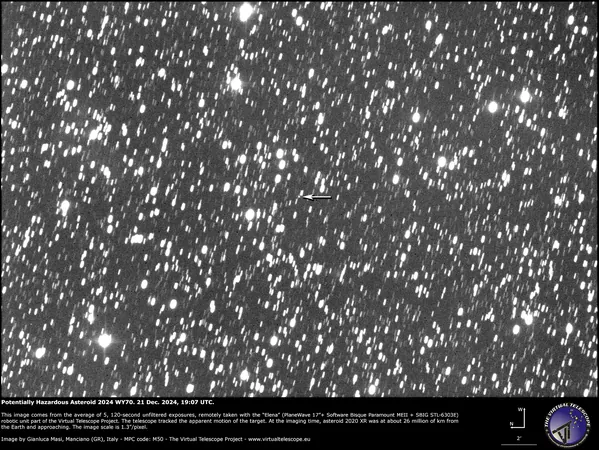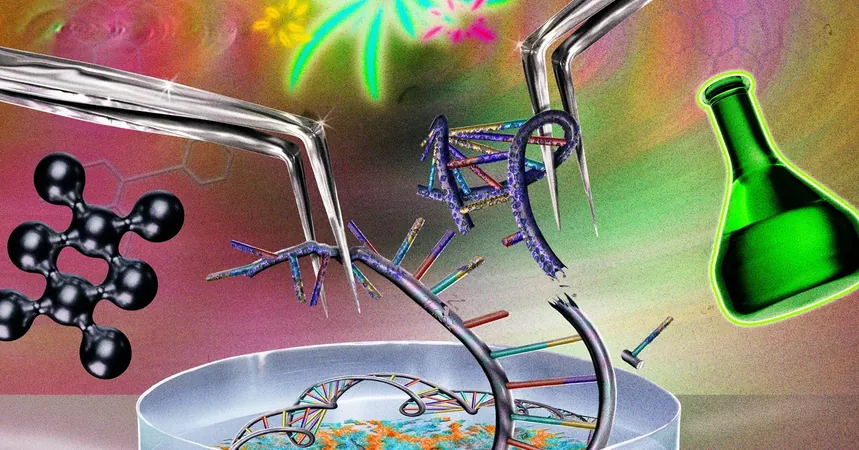
Urgent Reminder: HPAI in Dairy Cattle Highlights the Necessity of Pasteurized Milk Consumption!
2024-12-12
Author: Charlotte
Urgent Reminder: HPAI in Dairy Cattle Highlights the Necessity of Pasteurized Milk Consumption!
In a startling development, the recent detection of the highly pathogenic avian influenza (HPAI) H5N1 strain in dairy cattle—first reported in March 2024 and again on December 2 in California—has raised significant concerns about public health and food safety. Shaundra Ziemann-Bolinske, food systems coordinator at North Dakota State University Extension, emphasizes that this situation underscores the critical necessity of consuming only pasteurized milk.
The U.S. Food and Drug Administration (FDA) assures consumers that the nation's milk supply is safe, given that the milk has undergone pasteurization. Ziemann-Bolinske elaborates, “Pasteurization is a tried-and-true method that heats milk to high temperatures, effectively destroying disease-causing pathogens, including the HPAI virus.” She underscores that any viral remnants detected post-pasteurization are harmless; they merely indicate that the virus has been neutralized and poses no threat to human health.
The FDA warns against the consumption of unpasteurized (raw) milk, which is associated with higher risks of contamination from both bacterial and viral pathogens known to cause severe illness. Conversely, pasteurized milk preserves essential nutritional benefits—such as vitamins, minerals, and proteins—without exposing consumers to the associated health dangers. Recent studies reiterate that pasteurization is highly effective in inactivating HPAI along with numerous other harmful pathogens.
Historically, the safety of milk has significantly improved following the widespread adoption of pasteurization. According to the Centers for Disease Control and Prevention (CDC), prior to the establishment of pasteurization in 1938, milk and dairy products accounted for a staggering 25% of foodborne illness outbreaks in the United States. Fast forward to 2016, and this figure plummeted to less than 1%, highlighting the success of pasteurization in protecting public health.
The FDA's stringent milk safety program prohibits milk from any sick cows from entering the food supply, ensuring that U.S. milk and dairy products remain some of the safest globally. Furthermore, the U.S. Department of Agriculture (USDA) Animal and Plant Health Inspection Service has recently initiated a National Milk Testing Strategy to bolster milk safety.
Currently, North Dakota has not reported any confirmed cases of HPAI among livestock; however, neighboring states Minnesota and South Dakota did report positive cases in July. The FDA is collaborating with industry stakeholders and federal/state partners to monitor and uphold the effectiveness of existing milk safety protocols.
In light of these findings, it is imperative for consumers to remember that consuming pasteurized milk is not just a dietary choice—it's a crucial step towards ensuring personal health and safety. For further resources and information about HPAI, visit North Dakota State University Extension’s website or explore the CDC’s publication on the facts about raw milk. Stay informed and drink safe!









 Brasil (PT)
Brasil (PT)
 Canada (EN)
Canada (EN)
 Chile (ES)
Chile (ES)
 España (ES)
España (ES)
 France (FR)
France (FR)
 Hong Kong (EN)
Hong Kong (EN)
 Italia (IT)
Italia (IT)
 日本 (JA)
日本 (JA)
 Magyarország (HU)
Magyarország (HU)
 Norge (NO)
Norge (NO)
 Polska (PL)
Polska (PL)
 Schweiz (DE)
Schweiz (DE)
 Singapore (EN)
Singapore (EN)
 Sverige (SV)
Sverige (SV)
 Suomi (FI)
Suomi (FI)
 Türkiye (TR)
Türkiye (TR)